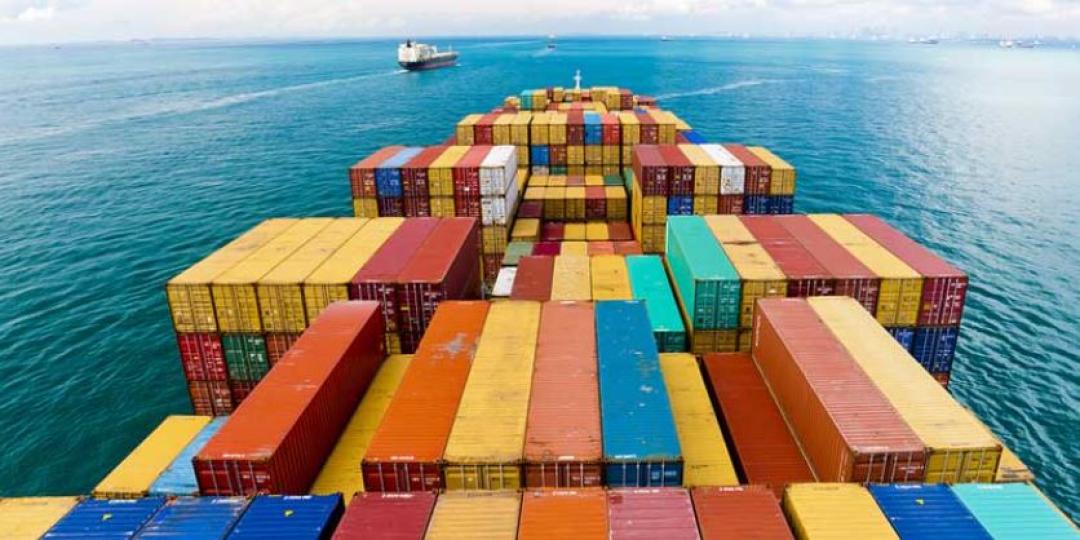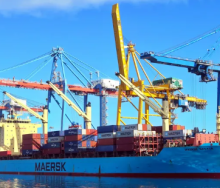As the world grapples with the economic impact of the coronavirus, the global freight and shipping industry are the biggest casualties, according to a report published by the South Africa International Maritime Institute (Saimi).
Saimi estimates that close to 97% of global trade is done through the shipping industry – and with shipping markets having declined, with the collapse in demand for goods from China having an effect on everything from container ships to oil tankers - demand in shipping and logistics markets is sinking to levels reminiscent of the global financial crisis of 2008.
A survey conducted by the international association of ports and harbours (IAPH) on global ports reports that over 40% of the world’s ports are experiencing moderate (minus 5% to 25%) and in some ports even significant decreases (in excess of a 25%) in the number of vessel calls.
Major ports have experienced a reduction in the number of vessels calling due to rescheduled itineraries as a result of the decrease in cargo volumes. Some ports are even experiencing export declines because of the closure of destination ports in Asia and Europe (IAPH, 2020).
South African port operations are also severely compromised in the time of Covid-19 international restrictions, according to Saimi.
The local lockdown caused terminal operations to scale down transportation services and operations of non-essential cargo - which included the closure of all automotive and multipurpose terminals at the ports of East London, Saldanha, Port Elizabeth and Maydon Wharf in Durban. Warehousing and distribution activities experienced a fall in demand for consumer products.
“This has led to an adverse effect on total output; it is estimated that port operations have been operating at 60% capacity during this lockdown period,” the statement goes on to say.
The construction industry is experiencing delays in delivery of construction materials like metals sourced from Asia. These delays are placing a financial burden on contractors who carry the cost of supply-side delays (PWC, 2020).
China is South Africa’s largest supplier of imports and biggest buyer of exports - and a significant portion of the local economy is reliant on Chinese exports. This is likely to have an adverse effect on various sectors such as telecommunications, automotive manufacturers, leisure and hospitality, and retail establishments.
Saimi is calling for a global response to shipping and logistics as a sector. Restrictions on crew changes at sea ports need to be eased to allow crew changes through a 14-day quarantine as applied on vessel. It also suggests the mass testing of workers currently at work and returning to work as a consideration. The SA Maritime Safety Authority is nominated by SAIMI in its statement as a possible lead in a representation which will seek out talks with government.













